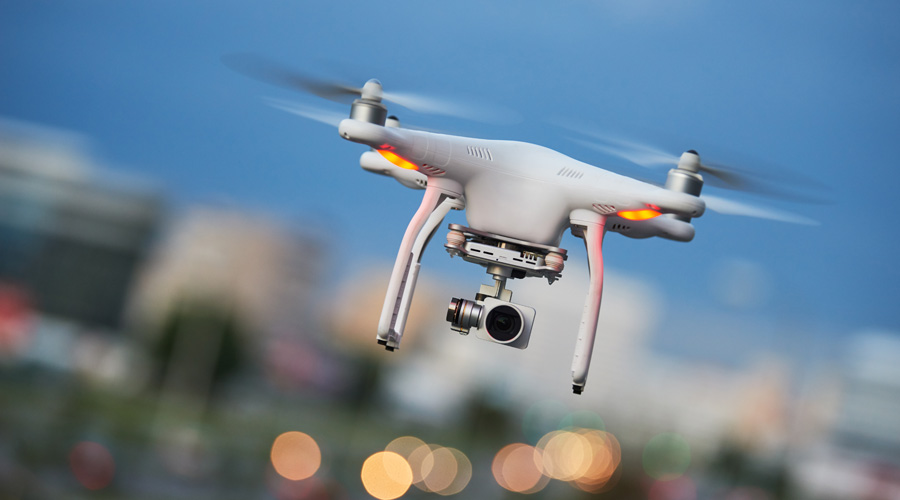In a country where the State still often plays nanny, dictating what people can eat, watch on television or listen to on the radio, the government has decided to break with its tradition in the unlikeliest of sectors. India’s recently notified new Drone Rules 2021 dramatically reduce the hoops citizens must jump through to own, pilot and operate drones. Instead of treating people with suspicion, the new rules work on the presumption of trust. A slew of approvals that were earlier needed to own and fly a drone have mostly all been abolished. Those operating small drones do not even need a licence. The licence fee has been slashed to make these unmanned flying machines more accessible. Heavier drones that can carry weights of nearly twice the earlier weight allowed have now been permitted. The new rules also shrink the span of no-fly areas near airports.
A liberalized legal regime is often a good idea for a new sector, allowing innovation to flourish. Rwanda, Ghana and other African countries have successfully used drones to deliver essential medical supplies and tests, in particular during the Covid-19 pandemic, to remote regions that would otherwise be hard to reach. Drones can help farmers monitor their crops better, helping them increase their yield. They can also beat traffic snarls on choked city streets to deliver everything, from groceries to food. All of this could, in turn, create a wave of new jobs. But there are also holes in the new rules that could spawn a new set of problems. Drone users are no longer required to ensure the privacy of others. A separate data protection bill before Parliament could partly compensate for that, but it would still allow government agencies to use drones for surveillance in an almost unchecked manner. The absence of rigorous scrutiny of those who want to fly drones could turn these aerial vehicles into threats for the rest of the population. It is not hard to imagine poorly navigated drones falling from the skies on unsuspecting residents, while criminal networks could use them for illicit activities. Balancing the rights of drone-users and other citizens will prove to be a challenge. But if India gets it right, citizens might find answers to many of their prayers — from healthcare to food security — by looking up to the skies.











